Information You Need Before Replacing A Boiler Or Oil Furnace In Your Rahway Home
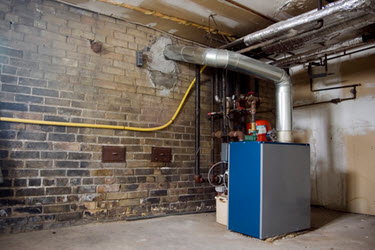 Like most people who own a home, you probably have not spent much time thinking about the heating system in your house except when you need to schedule an annual maintenance visit or fuel delivery. However, if your oil burning furnace or boiler is older than 12 years, you should consider investing in a new unit.
Like most people who own a home, you probably have not spent much time thinking about the heating system in your house except when you need to schedule an annual maintenance visit or fuel delivery. However, if your oil burning furnace or boiler is older than 12 years, you should consider investing in a new unit.
Typical Lifespan Of A Boiler In Rahway
According to manufacturers, most oil furnaces and boilers will only last from 12-20 years. Your system is likely to last for more than 12 years if you have been caring for it properly. Homeowners who are unaware of the age of their furnace or boiler or those who are already having difficulties with their heating system should consider purchasing a new unit.
Save Money By Purchasing A New Heating System
Purchasing a new furnace or boiler is a significant expense. However, the initial cost of the heating unit will usually be offset by savings on the cost of fuel over the following 12-20 years. A new boiler or oil furnace will work at maximum efficiency, heating the home during the winter months while using less fuel than an older unit would consume.
Explore Our Heating Services
Signs That You Should Replace Your Rahway Boiler
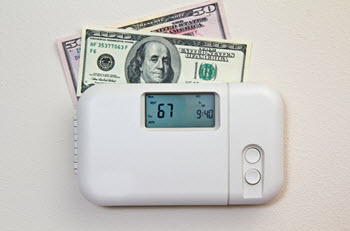 Furnaces usually do not stop working overnight. Instead, the unit will probably show some typical signs in advance of a complete breakdown. If your furnace or boiler is older than 12 years, look out for the following problems:
Furnaces usually do not stop working overnight. Instead, the unit will probably show some typical signs in advance of a complete breakdown. If your furnace or boiler is older than 12 years, look out for the following problems:
Increased Use Of Fuel: When your boiler or furnace starts to consume more oil, this is a warning sign that the system is beginning to wear down. Boiler and furnaces begin to become less efficient as they reach the end of their lifespan.
Frequent Repairs Required: If you find that your unit is requiring repairs frequently or if it starts to make new and unusual noises such as clunks or rattles, this means the unit is reaching the end of its lifespan. It is better to invest money in a new system that is more efficient instead of calling for repair services over and over.
Home Becomes Uncomfortable: If you notice your home becoming uncomfortable, this can be a signal to purchase a new furnace or boiler. Most people notice the air in the house becomes somewhat dry in winter. However, if you notice that the air in your home has become unusually dry, stale, or filled with dust, this could be caused by an aging, inefficient furnace or boiler.
If your thermostat no longer works correctly, or if it seems your home stays cold no matter how you set the thermostat, the problem could be in the heating system. When furnaces and boilers start to age, they no longer distribute heat evenly inside the home. If you have already insulated leaky windows and eliminated drafts and you are still finding that your thermostat no longer seems to work correctly, there may be a problem with the heating system.
Venting Not Working Correctly: Older heating systems often also tend to experience ventilation issues. There may be cracks in the heat exchanger. This problem can cause a dangerous situation as your home may fill up with fatal carbon monoxide gas. Every homeowner should install a carbon dioxide detector, but another good way to help prevent carbon monoxide poisoning is to update the heating system.
Steps To Take When A New Heater Is Required
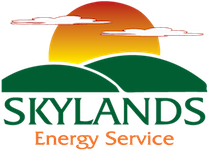 The best way to get an effective and efficient result from your new boiler or furnace is to have an expert professional evaluate your home heating needs. They will remove your existing older unit. Also, when upgrading a heating system, it is the ideal time to have your ductwork and other components inspected.
The best way to get an effective and efficient result from your new boiler or furnace is to have an expert professional evaluate your home heating needs. They will remove your existing older unit. Also, when upgrading a heating system, it is the ideal time to have your ductwork and other components inspected.
Furnaces and boilers come in different sizes. Therefore, an HVAC contractor will need to determine the size that meets your heating requirements. The size of the unit influences its cost. The price will also be affected by the brand and the efficiency rating of the furnace or boiler. The higher the efficiency, the higher the price. Although the unit may have a high initial rate, it will save money in the long run by cutting down on the cost of fuel and costly repairs.
Call Now: (908) 707-1776
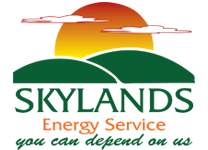
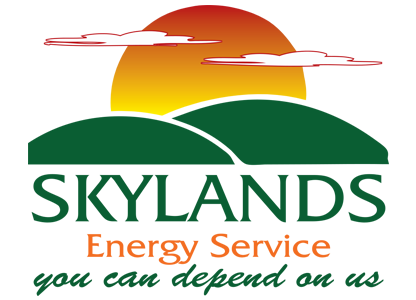
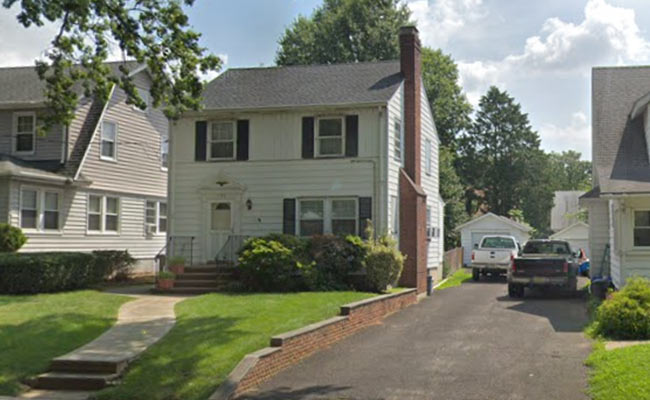
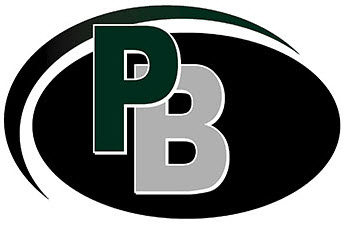
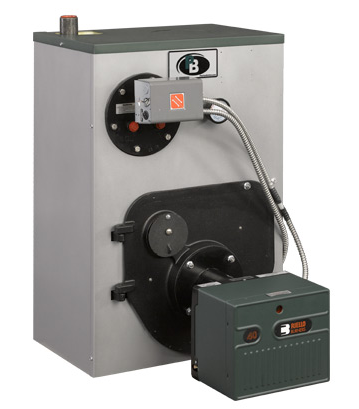
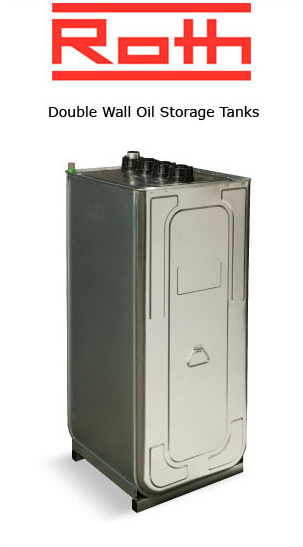 As part of prepping their home to put on the market, we removed their old, underground oil tank. Also, we installed an above-ground Roth oil tank in its place. These tanks use the most advanced technology to ensure reliable performance coupled with a long lifespan.
As part of prepping their home to put on the market, we removed their old, underground oil tank. Also, we installed an above-ground Roth oil tank in its place. These tanks use the most advanced technology to ensure reliable performance coupled with a long lifespan. Like most people who own a home, you probably have not spent much time thinking about the heating system in your house except when you need to schedule an annual maintenance visit or fuel delivery. However, if your oil burning furnace or boiler is older than 12 years, you should consider investing in a new unit.
Like most people who own a home, you probably have not spent much time thinking about the heating system in your house except when you need to schedule an annual maintenance visit or fuel delivery. However, if your oil burning furnace or boiler is older than 12 years, you should consider investing in a new unit. Furnaces usually do not stop working overnight. Instead, the unit will probably show some typical signs in advance of a complete breakdown. If your furnace or boiler is older than 12 years, look out for the following problems:
Furnaces usually do not stop working overnight. Instead, the unit will probably show some typical signs in advance of a complete breakdown. If your furnace or boiler is older than 12 years, look out for the following problems: The best way to get an effective and efficient result from your new boiler or furnace is to have an expert professional evaluate your home heating needs. They will remove your existing older unit. Also, when upgrading a heating system, it is the ideal time to have your ductwork and other components inspected.
The best way to get an effective and efficient result from your new boiler or furnace is to have an expert professional evaluate your home heating needs. They will remove your existing older unit. Also, when upgrading a heating system, it is the ideal time to have your ductwork and other components inspected.


